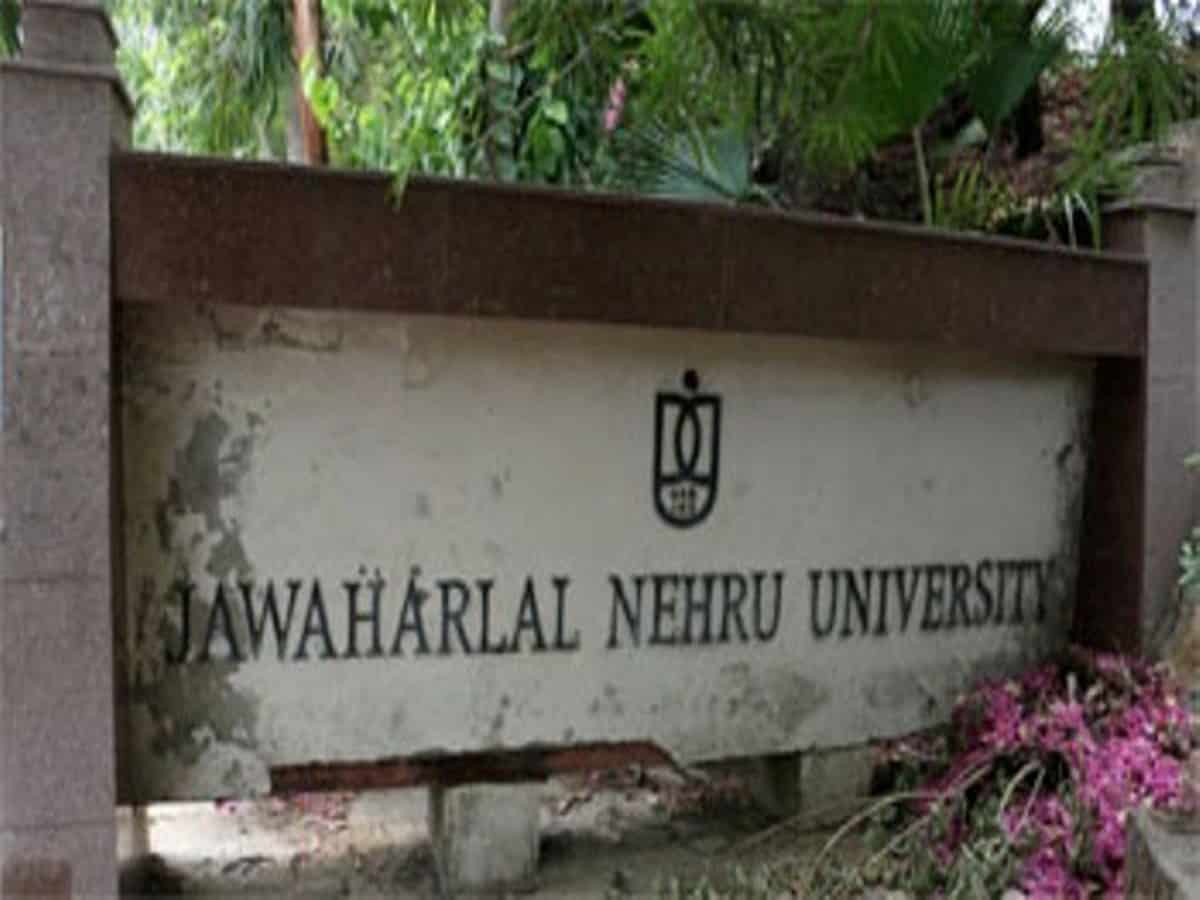
New Delhi: The ongoing stalemate between the JNU administration and its students’ union, which has been staging a hunger strike for the past 15 days over various unresolved issues, may soon come to an end as the two sides have reached a consensus on several demands.
The university has agreed to fulfil at least six of the 12 major demands of the protesting students’ union.
These include reinstating the old in-house entrance exam system — JNU Entrance Exam (JNUEE) — for admissions, conducting a caste census of the campus, increasing scholarship amounts, and proposing a reduction in the weightage given to the viva for admissions.
Despite these developments, the union has continued its protest, with President Dhananjay and Councillor Nitish Kumar remaining on hunger strike, which entered its 16th day on Monday. They are demanding written confirmation of the agreed-upon demands.
The hunger strike started on August 11.
“Dhananjay has lost more than 5 kg and has a ketone level of 4+, which indicates severe pressure on his kidneys due to the hunger strike. He has also developed jaundice and urinary tract infection (UTI). Nitish has lost around 7 kg and has become extremely weak, suffering from severe joint and muscle pain,” the students’ union said in a statement.
The JNUSU has called for a relay hunger strike and night vigil to press their demands.
In a negotiation meeting held on August 23, the day of the long march to the Ministry of Education by the JNUSU, Rector-I of the university, Brijesh Kumar Pandey, assured the students that the university would accept some of the demands raised, according to a statement by the students’ body.
When contacted, Pandey said, “The administration will accept all the positive demands of the students in their best interest. Anything beyond our authority cannot be fulfilled.”
He added, “The university is currently facing a funding crunch. We will write to the UGC to request an allocation so that we can increase the scholarship amount as demanded by the students. As for the caste census, the data regarding the categories in which students have been admitted is already available on our website. That won’t be an issue.”
According to the Jawaharlal Nehru University Students Union (JNUSU), the university has agreed in principle to increase the merit-cum-means scholarship from Rs 2,000 to Rs 5,000 and extend the provision to students of the School of Engineering and the School of Management.
Reinstating the JNUEE was a central agenda item in the Charter of Demands. The Rector-I has verbally assured that admissions will be conducted through JNUEE starting from the next academic session, the union said.
Conducting a caste census was another prominent agenda item in the Charter of Demands. The administration has verbally assured the union that they will publish the category-wise data of JNU students, faculty, and staff within the next 15 days, it added.
The university has also agreed to present the Nafey Committee report at the upcoming Academic Council (AC) meeting for approval, which recommends reducing the weightage of viva marks to 10-15 percent in admissions.
“Reducing the weightage of viva marks has been a longstanding demand of the JNUSU. Three committees have been formed over time to address this matter. The Nafey Committee, chaired by renowned scholar Professor Nafey, unequivocally recommended that the viva weightage be reduced to 10-15 percent,” the statement said.
Furthermore, the administration has also agreed to drop the inquiries initiated against students who were part of a water protest outside the VC’s residence and in a sexual harassment case where the survivor staged a protest at the North Gate of the campus, blocking the main entrance for several days.
However, the parties could not reach a consensus on the opening of Barak Hostel, which has remained shut since its inauguration in January.
The demand to include JNUSU in Academic Council meetings, where policy-level issues such as deprivation points and viva weightage are discussed, will be addressed by Vice-Chancellor Santishree D Pandit on August 27.
Previously, the JNUSU was included in AC meetings, but this practice was discontinued during the tenure of the previous Vice-Chancellor.



